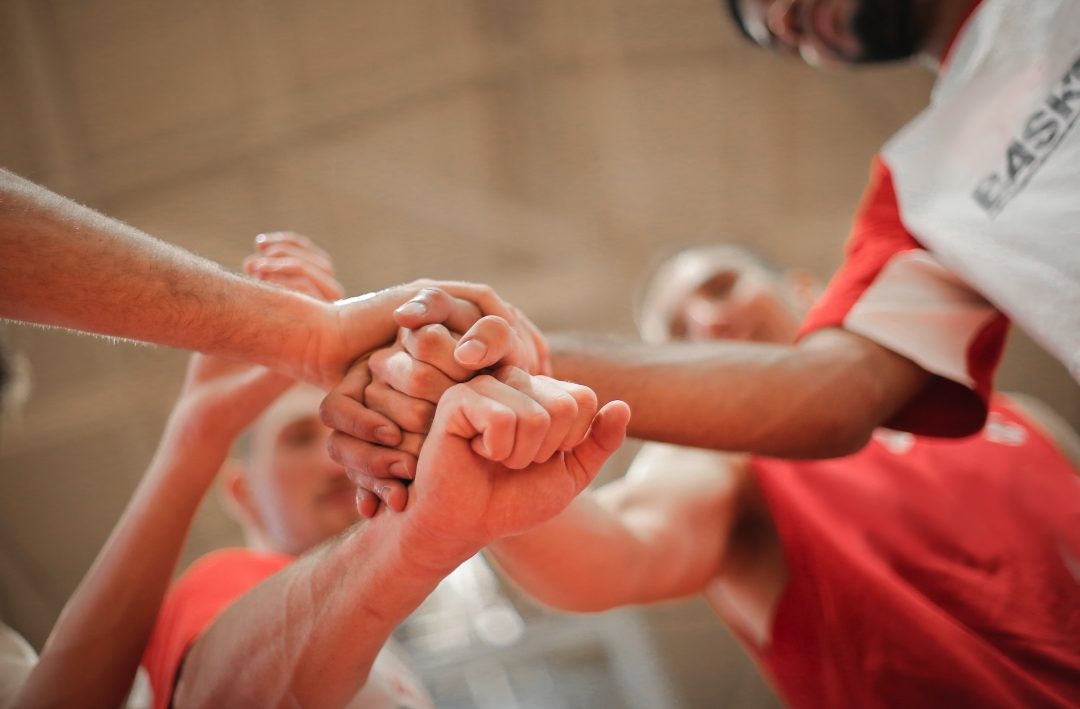Tackling stereotypes, stigma and self-help: Supporting the health and wellbeing of men in Middlesbrough
Blog

An ARC NENC- funded research project has explored the health and wellbeing services that are available to men on Teesside, with a particular focus on the #BoroManCan campaign.
BoroManCan aims to inspire positive change around men’s health and wellbeing in Middlesbrough and Redcar and Cleveland.
The research project has been developed by a team from Durham, Newcastle and Teesside Universities, led by Dr Shelina Visram, senior lecturer in public health, Newcastle University. In this blog, Shelina describes their journey so far.
In Middlesbrough, four out of five suicides involve men and the rate of male suicide is the second highest in the country. TheBoroManCan campaign aims to inspire positive behavioural, health and culture change – through a website, podcast and social media pages which share relatable stories from local men and support services, as well as providing advice and links to further help.
In 2020, we were awarded funding from the NIHR ARC North East and North Cumbria to conduct research that will help practice partners begin to understand the impact of BoroManCan, so far.
Colleagues from Public Health South Tees were keen to know which elements of BoroManCan were working and where improvements could be made. In collaboration with academics from Durham and Teesside Universities, we interviewed staff, representatives of partner organisations and other key stakeholders to capture their views on BoroManCan. We also trained and supported three peer researchers to gather insights from local men (and one woman). They chose to conduct interviews to explore men’s health and wellbeing needs, to help us understand whether BoroManCan could be doing more to improve their access to health services and other sources of support.
‘Boro’ man should be tough, resilient’
The interviews provided valuable insights into barriers to men’s help-seeking behaviour. To start with, Teesside’s industrial heritage has led to an expectation that the stereotypical ‘Boro man’ should be tough, resilient, and able to fulfil the roles of household provider and protector.
Industrial decline, increasing unemployment and job insecurity were felt to have impacted negatively on men’s mental health. There was a general perception that men are not as likely as women to talk about their feelings or their health, and that there is a particular stigma to discussing mental health problems. Rather than accessing formal services, many Boro men prefer to avoid embarrassment by attempting self-help or using coping strategies such as excessive alcohol consumption and substance misuse. Apart from wanting to maintain their masculine image, there were also practical hurdles around demands from employment and the benefits system.
But it’s not all doom and gloom. We also identified a number of factors that were felt to impact positively on men’s health and wellbeing and their likelihood of seeking help. These included: having support from a partner or family members; activities such as Men’s Sheds that value life skills; creating male-friendly spaces; and providing opportunities to spend time outdoors. Some interviewees emphasised the importance of sport and particularly football as a way to connect with other men.
More male-specific interventions are needed
What was clear was that apart from addressing men’s health within existing services, male-specific interventions such as BoroManCan were needed. The campaign was viewed positively as a way of sharing inspirational stories from others who have dealt with their own challenges, as well as signposting to relevant activities. Online elements such as the website and podcast were key to the campaign, particularly during the pandemic. However, staff and stakeholders were keen to return to offline elements such as men’s health champion training and showcase events. Local men also believed that the campaign needed to be promoted more widely to ensure it was reaching all those who might benefit.
On International Men’s Day 2021, we hosted a webinar to share and discuss our research findings in more detail. You can view a recording of the webinar, below.
Please get in touch if you’d like to know more about the campaign or the research; we’d be happy to share our final report once this is ready for publication. And watch this space for future blogs on this subject from our practice partners and peer researchers.
Resources from the webinar are also available to download, below.
This blog has been adapted from a Fuse blog from 19 November 2021